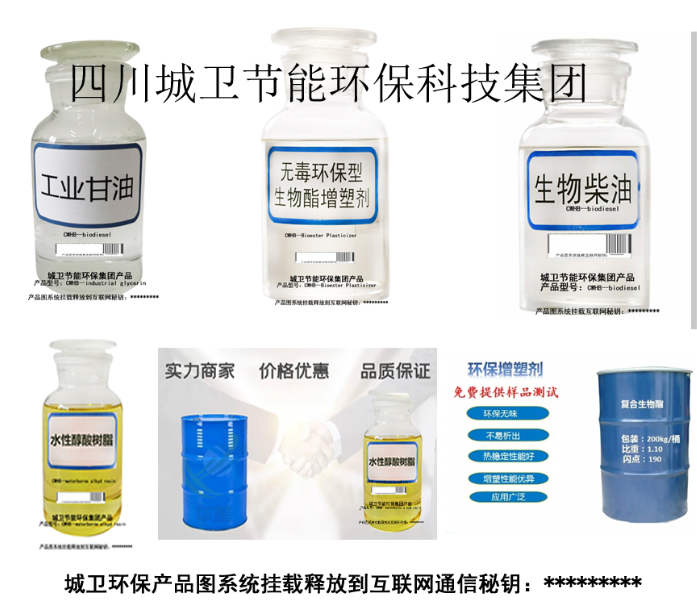The policy drives the waste oil resource market. Food and kitchen enterprises are important resource subjects. The waste oil resource has outstanding emission reduction capacity and is in short supply
Countries have introduced policies to promote the demand for biodiesel. At present, the global market has reached 40 million tons. Compared with fossil diesel, biodiesel is valued for its emission reduction attribute. However, because its price is higher than that of ordinary fossil diesel, countries have introduced mandatory addition policies to ensure the promotion of green low-carbon biodiesel. At present, the mixing proportion required in the mandatory addition policies of EU countries has reached about 10%. In recent years, Malaysia, Indonesia and other Asian countries have also introduced mandatory biodiesel addition policies. In 2020, the global consumption of biodiesel will exceed 40 million tons. According to the prediction of OPEC, the global consumption of biodiesel is expected to further increase by 2025, exceeding 45 million tons. Waste oil is an important raw material for preparing biodiesel, with outstanding emission reduction capability and mature technology. Vegetable oil, animal oil, kitchen waste oil and microbial oil are the main raw materials for preparing biodiesel. Among them, except that the microbial oil technology is still in the laboratory research stage, several other raw materials have been widely used in the production of biodiesel. According to the latest EU Renewable Energy Directive, under the condition of releasing the same amount of heat, biodiesel made from waste oil emits the least greenhouse gas among the several types of biodiesel that have been industrialized at present. Compared with traditional fossil fuels, the emission reduction rate is 83%, while the current emission reduction rate of mainstream raw material vegetable oil is only 45% - 54%. It can be seen that biodiesel prepared from waste oil has excellent emission reduction capacity. Policy restrictions superimposed on the energy crisis, and the price of waste oil resources rose sharply in short supply. As a major consumer country and region of biodiesel, the EU issued the Renewable Energy Directive (Second Edition) in 2018, which explicitly restricted that the proportion of biodiesel made from vegetable oil should not be higher than 7%, while the proportion of biodiesel made from palm oil with high ILUC risk should be 0% by 2030. According to the distribution of biodiesel raw materials in the EU in 2020, palm oil is the third largest raw material for preparing biodiesel, next only to rapeseed oil and waste oil. The proportion of waste oil raw materials with high emission reduction capacity is only 23%, which has a strong potential to replace palm oil. At the same time, the energy crisis caused by the Russia Ukraine war has made European countries face the problem of shortage of edible oil, and waste oil is needed to replace edible oil to produce biodiesel. Policy restrictions superimposed on the impact of the energy crisis, the supply of waste oil resources fell short of demand, and the export price of China's UCO rose rapidly. In June 2022, the export unit price had reached 1507 US dollars/ton.
Oil chemical project development


